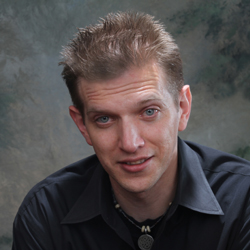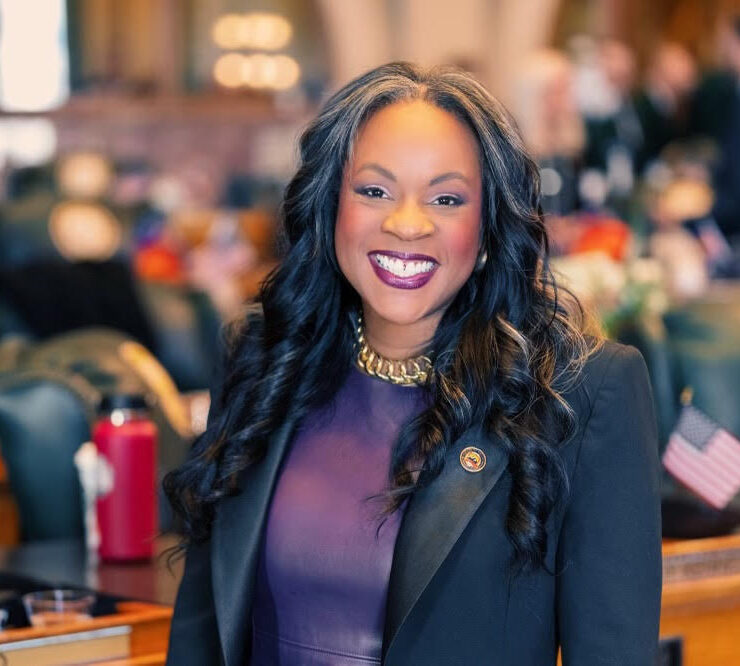Without our uniforms we’re still in the closet

By Mike Yost 
I sat in the coffee shop shaking my head in disbelief as I read the article on my laptop. LGBT servicemembers were being asked not to wear their uniforms in Pride Parades this year — by their own peers.
The piece was written by the Leadership Council of OutServe, a non-profit organization made up of active-duty LGBT personnel working to secure the rights of LGBT servicemembers. They have over 5,000 members with 50 chapters throughout the world. OutServe played a key role in the repeal of Don’t Ask, Don’t Tell.
And now the organization was recommending that servicemembers should leave their uniforms at home and march in civilian clothes this Pride season.
“There is a time and a place for everything,” the article read, “and this year is probably not the time to make waves.”
OutServe stated that because LGBT servicemembers serving openly is still a contentious issue, marching in uniform at Pride could be seen as an act of protest. “Let’s wait a year, demonstrate our professionalism as we march in civilian clothes, and next year, having proven ourselves, we can work with the Department and gain formal approval to proudly march together as a uniformed contingent for Pride.”
As a gay veteran who hid in the closet for my four years in the Air Force, I was genuinely confused. My stomach was in knots. The repeal of DADT didn’t happen because we were afraid to make waves. Lieutenant Choi chained himself to the White House! And the fight for LGBT equality in the military is far from over.
As far as Department approval, the President has made it clear he supports gays serving openly in the military. He is the Commander in Chief of the military. What more approval do you need?
The article welcomed feedback from readers. One individual responded, “just peeking out of the closet right now?” A representative from OutServe replied that the military will be present at Pride, but wearing your uniform would be considered a political statement.
The knots in my stomach tightened. In 2011, the Colorado LGBT Color Guard lead Denver’s Pride Parade—a voice for those serving in silence. At the time, even though Congress had repealed DADT, it had not yet gone into effect. The LGBT Color Guard didn’t march to score political points. Thousands of servicemembers were serving in silence all around the world, and they deserved a voice.
In 2012, despite the repeal of DADT, transgender military personnel still cannot serve openly. The Defense of Marriage Act is blocking military partners from receiving benefits. Veterans who were kicked out under DADT are fighting to get back in because of unfair discharge statuses.
Those men and women still deserve representation, no different from last year. And the Colorado LGBT Color Guard will be leading this year’s Pride Parade in Denver and in Colorado Springs to do just that, in full regulation uniform.
Now is not the time to worry about those who think gays shouldn’t be in the military. Those who disagree with the repeal of DADT can take up their complaints with the President of the United States.
Now is the time LGBT active-duty personnel should march in uniform, just like in the St. Patrick’s Day Parade or the Columbus Day Parade. They certainly have earned it.
Ask active-duty LGBT servicemembers to be respectful of the uniform and wear it with honor and distinction—always. Ask them to wear the uniform inspection-ready and to full regulation—without question.
Ask active-duty LGBT servicemembers to leave their uniform in the same closet so many were forced to hide in—never.
What's Your Reaction?
Speak Out is a section created for YOU, our readers, to submit opinions or personal narratives pertinent to Colorado's LGBT community. Have something to Speak Out about? Contact Holly Hatch or Matt Pizzuti to submit a 500-600 word piece: Holly@OutFrontColorado.com Matt@OutFrontColorado.com










